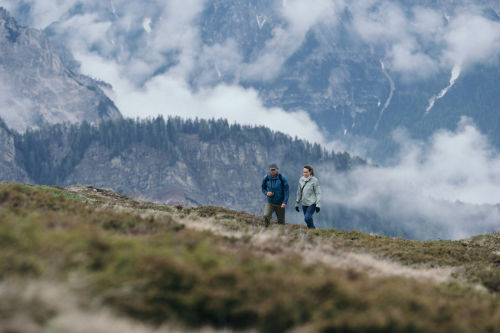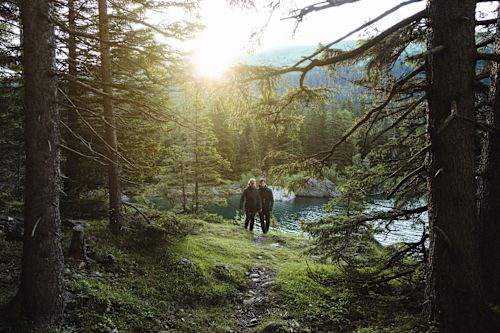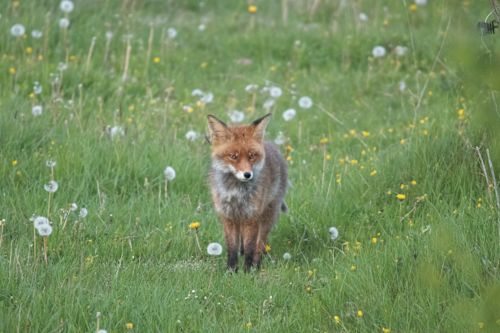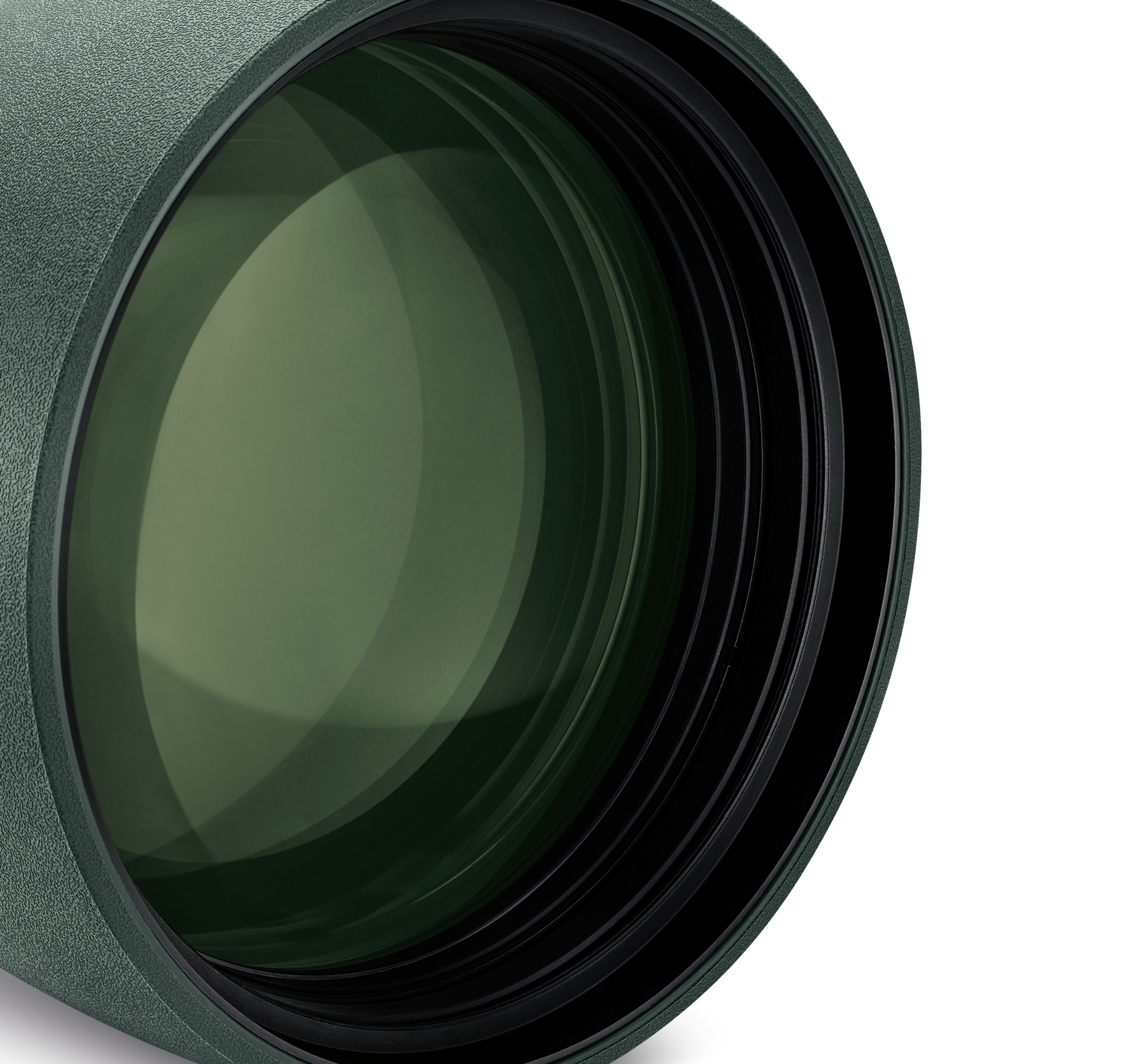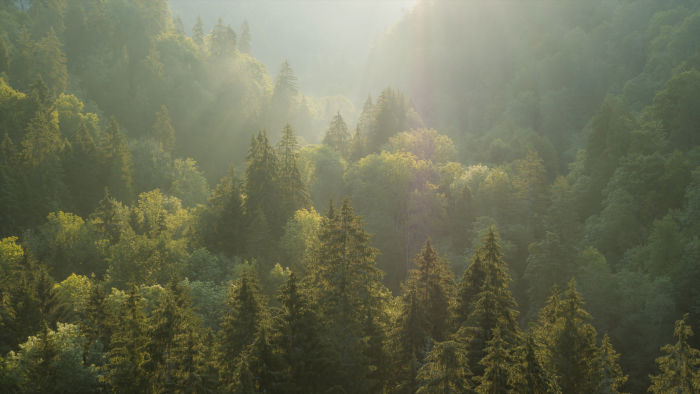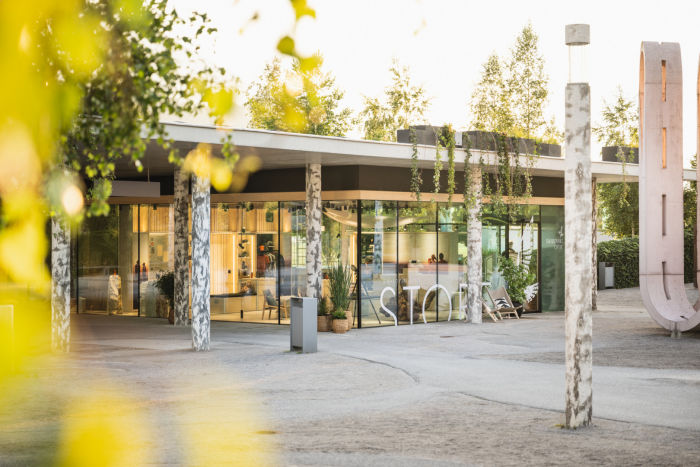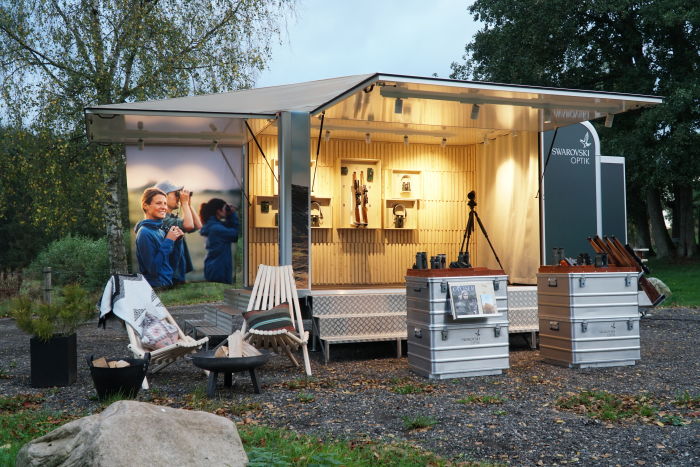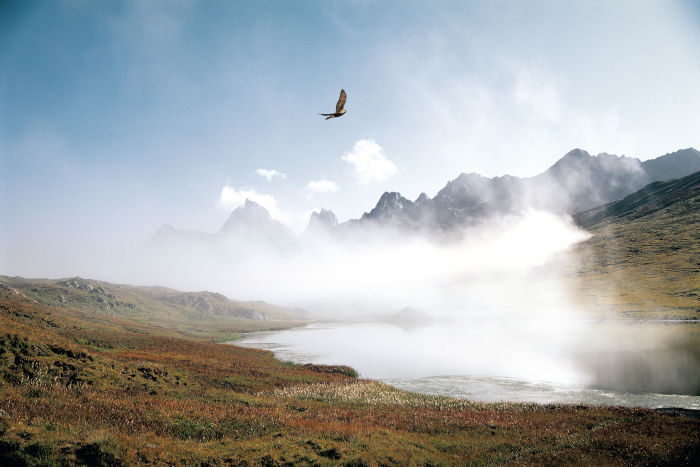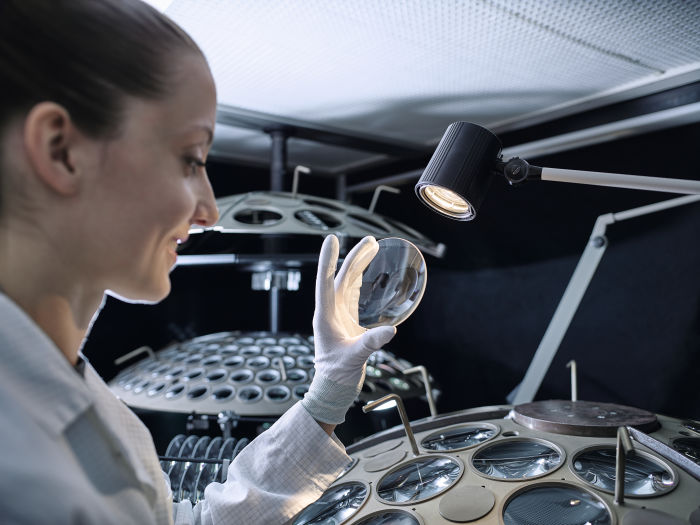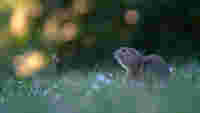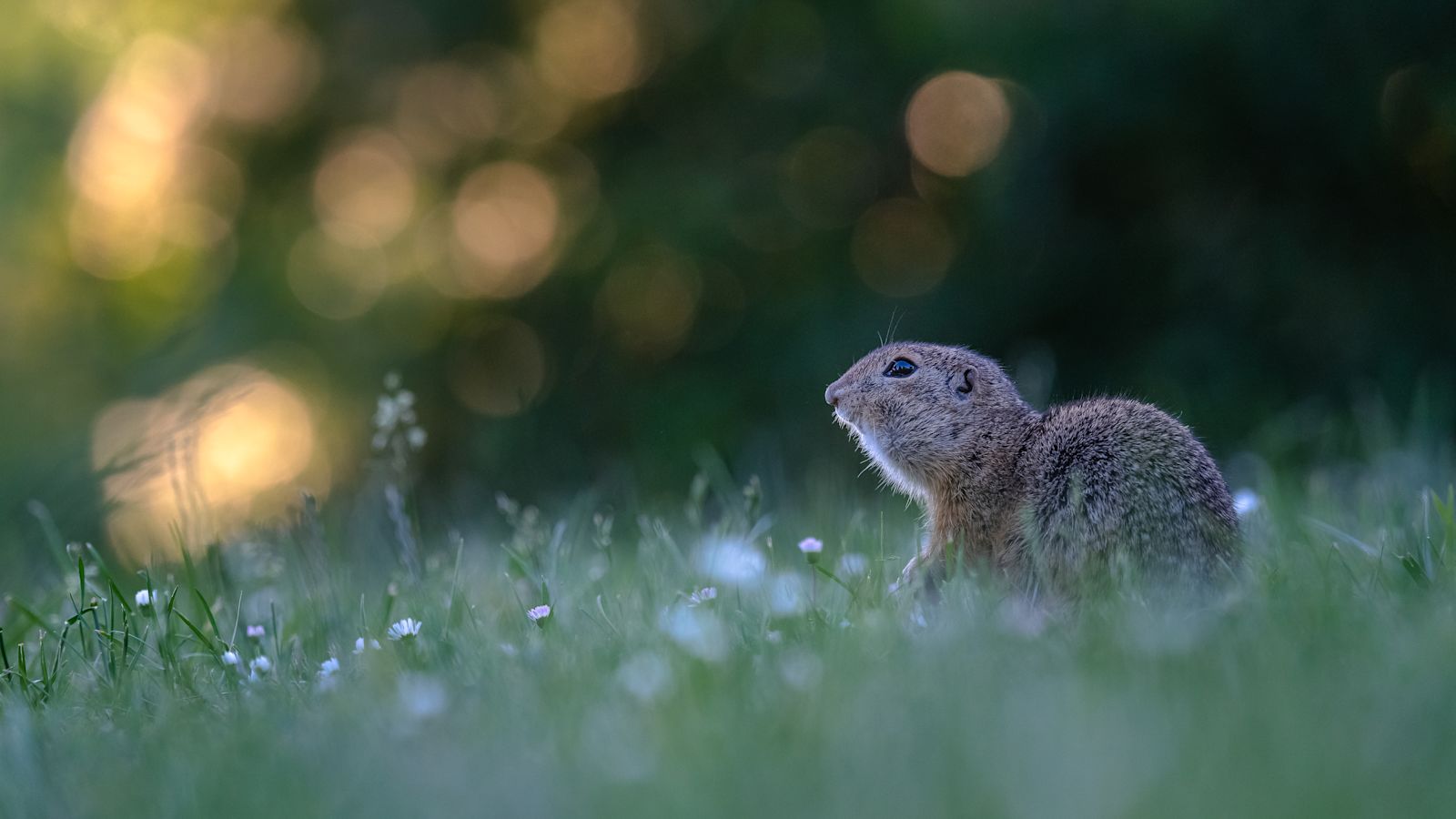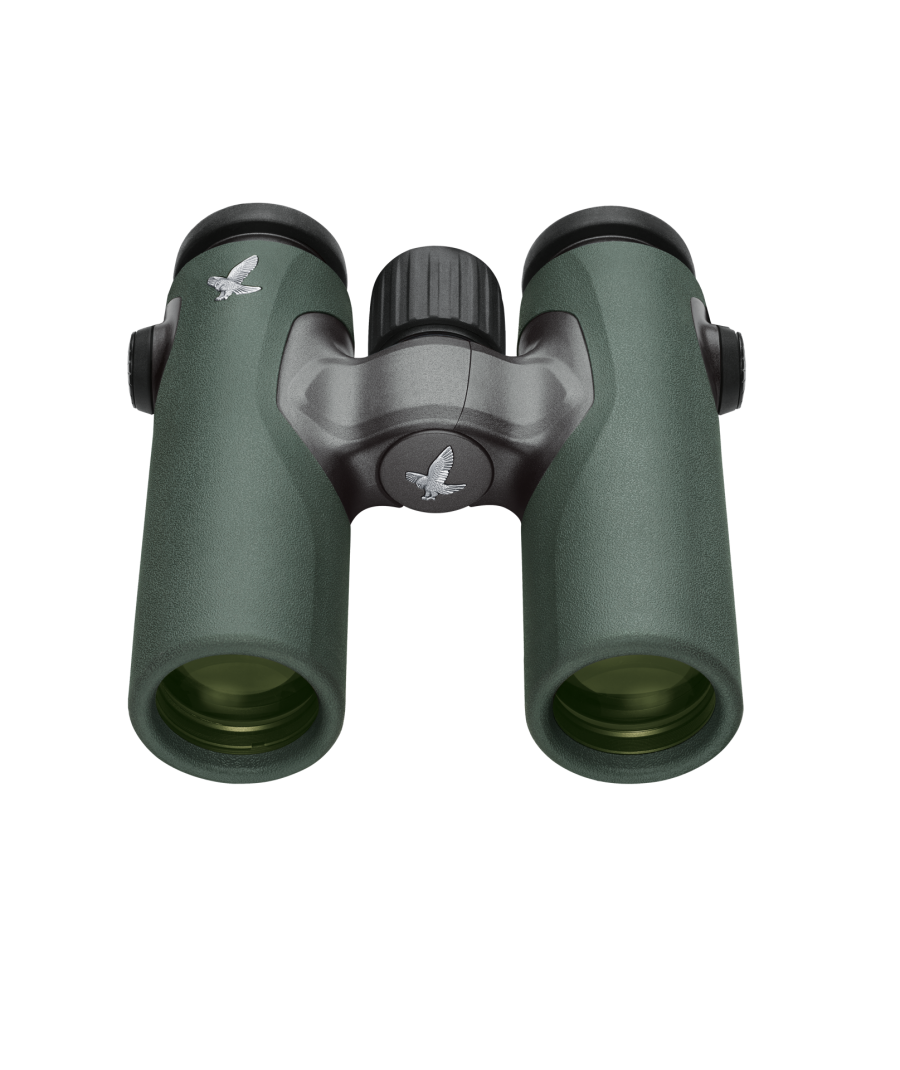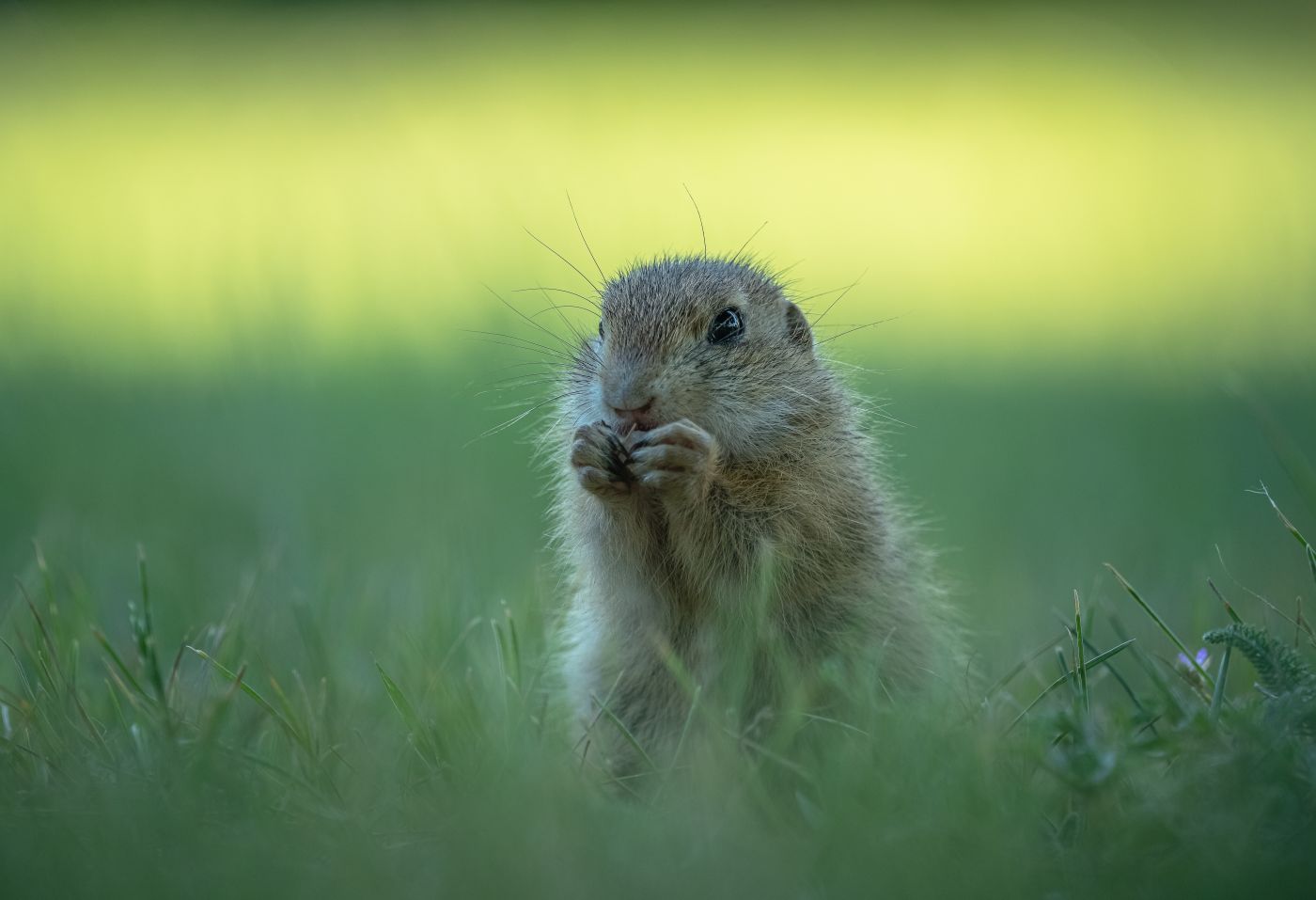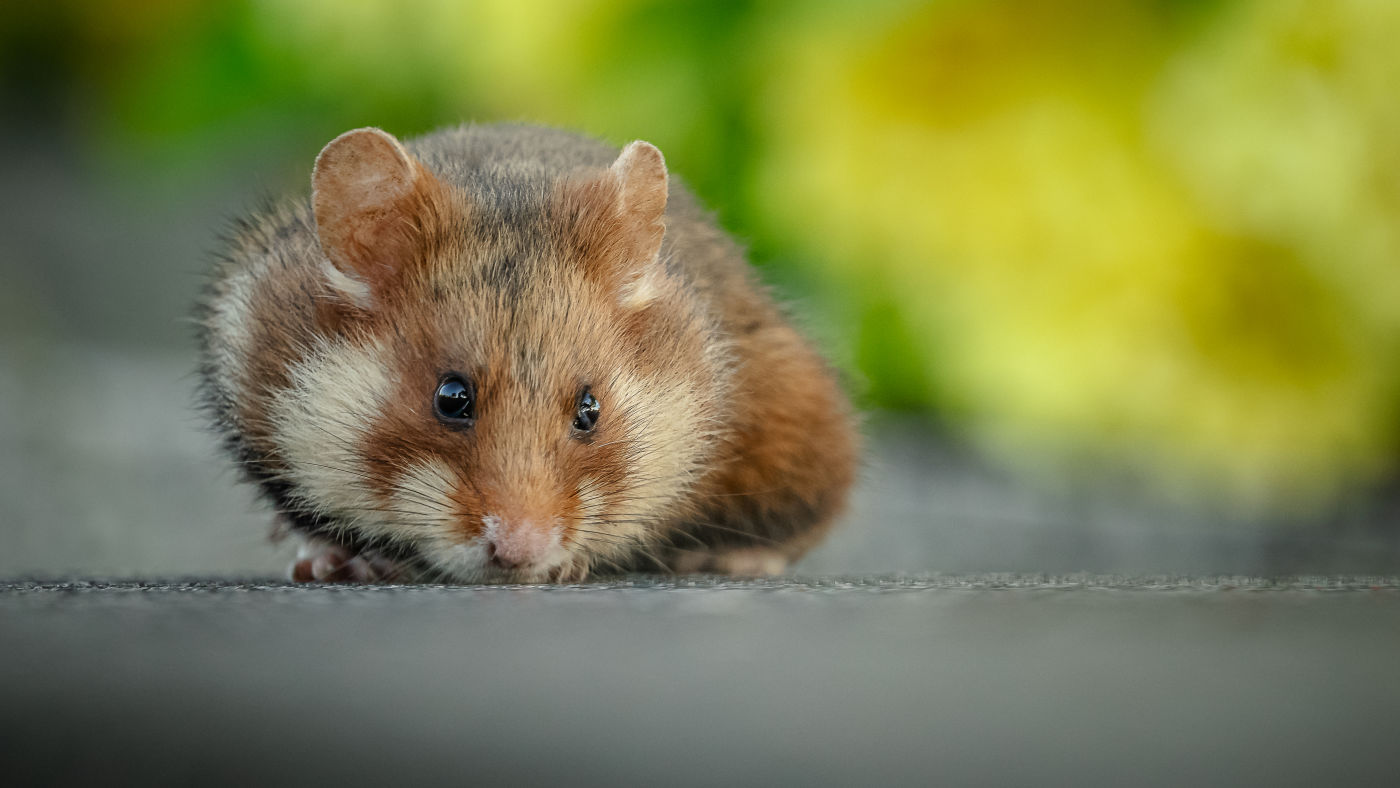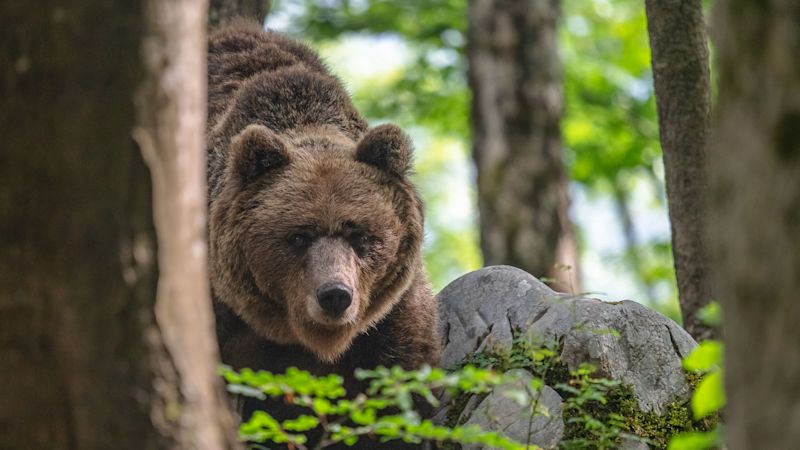I recently traveled to Austria to watch and photograph ground squirrels and European hamsters in their natural habitat around Vienna.
GROUND SQUIRREL – DIURNAL, ALERT, AGILE
The ground squirrel prefers open habitat, such as plains, rocky terrain, and barren mountain ranges. There are a total of 15 different species. The animals I photographed are European ground squirrels. Unlike the European hamster, the ground squirrel is active during the day. They leave their den around 8 am and slowly start foraging for food. They are always highly alert. As soon as a walker or a dog approach, the animals raise the alarm by making a chirping sound. They quickly stand upright on their hind legs to get a better overview of their surroundings, before running back to hide in their den. The European ground squirrel is, unfortunately, a very threatened species. Its natural habitat is increasingly being eroded.
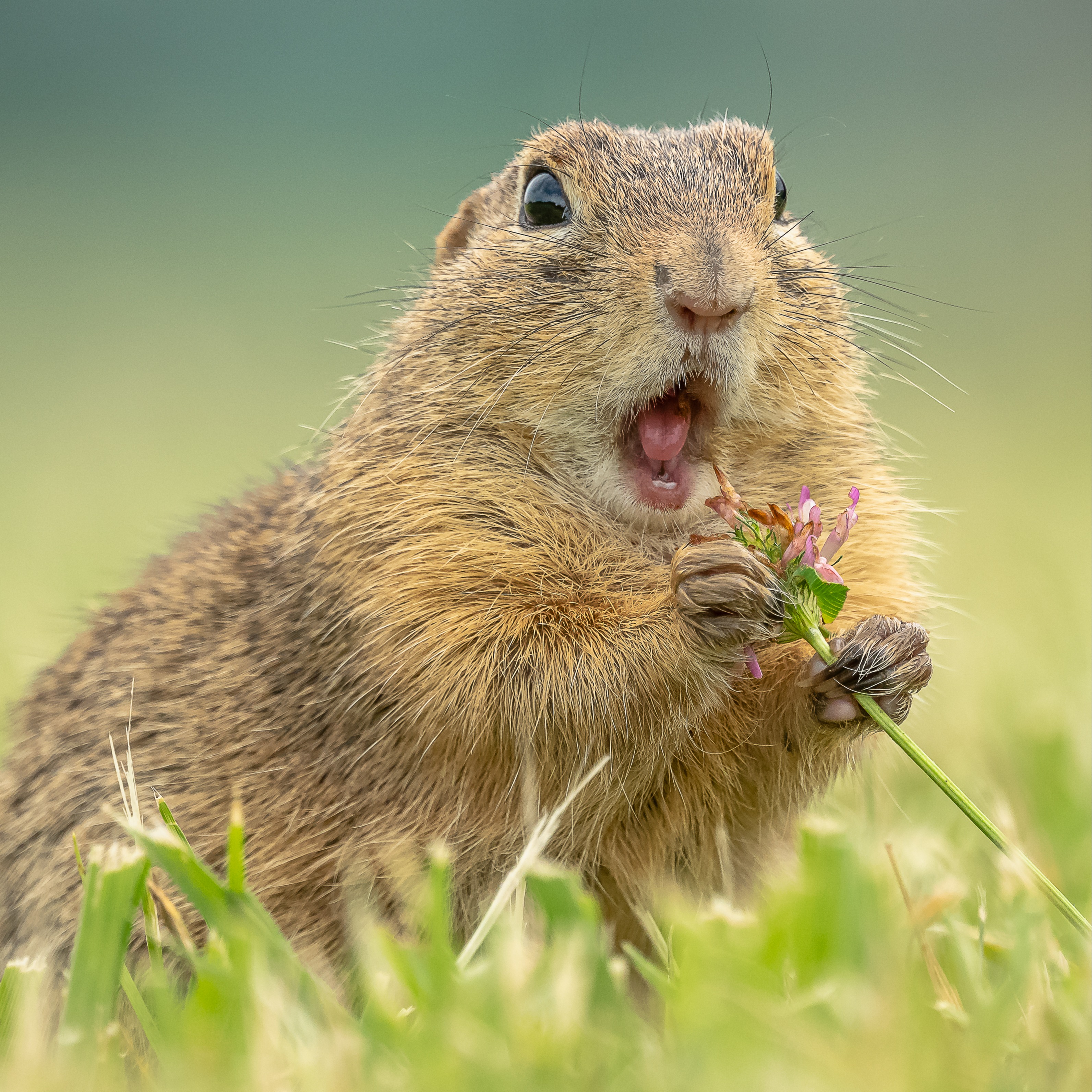
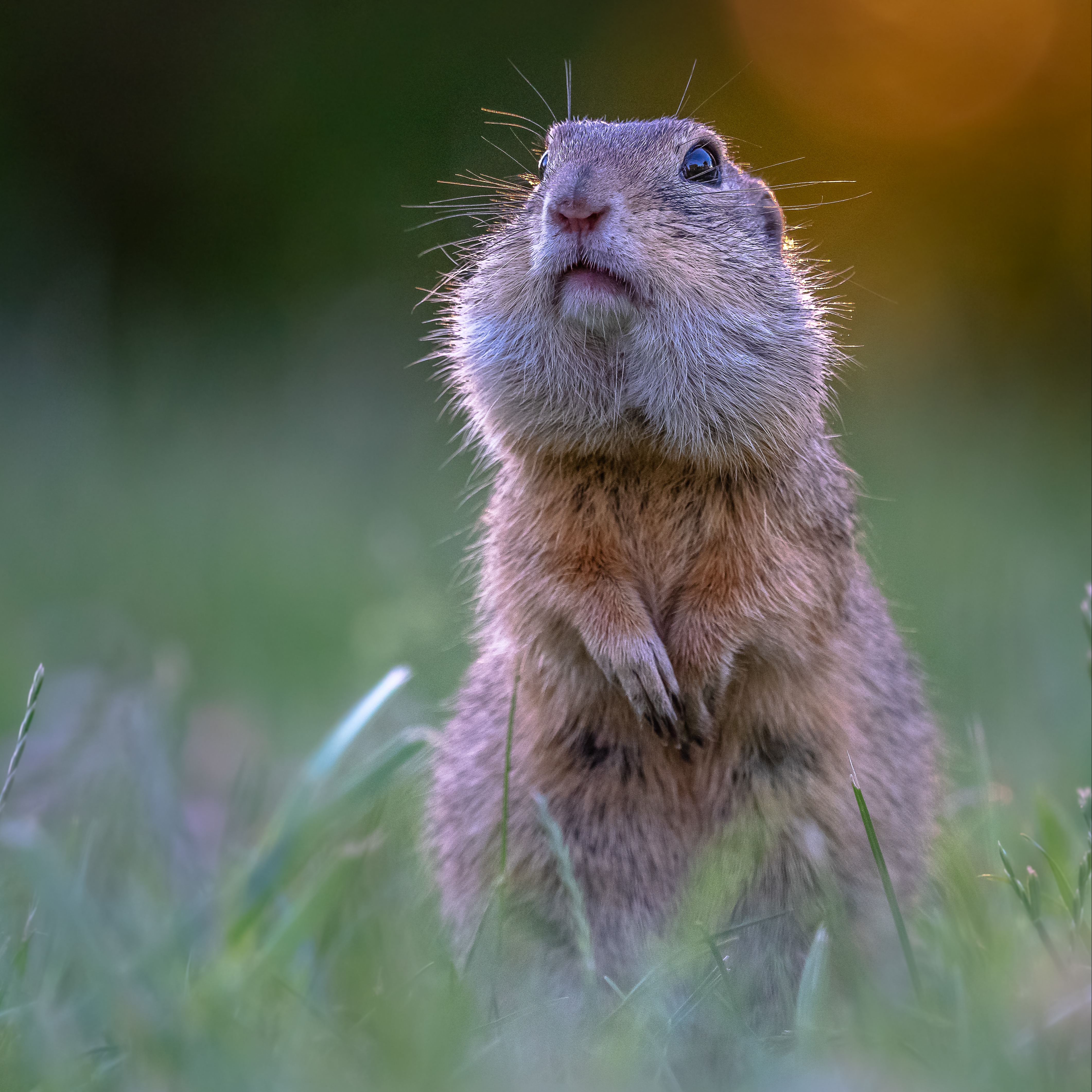
After I had taken a few photos of the animals, I watched the action for a while longer, up close with my CL Companion binoculars, and then went back to my hotel, feeling satisfied with the day.
EUROPEAN HAMSTER – ADAPTABLE AND NOCTURNAL
My plan for the next day was to photograph European hamsters, but unfortunately the weather wasn’t on my side, so I had to wait until the following day. Entire colonies of European hamsters live in green areas or parks in Vienna. Unfortunately, their natural habitat is increasingly being eroded. The European hamster is very adaptable and is gradually making its way into the city. As already mentioned, these animals are nocturnal, so the best time to capture them on camera is early morning or in the evening.

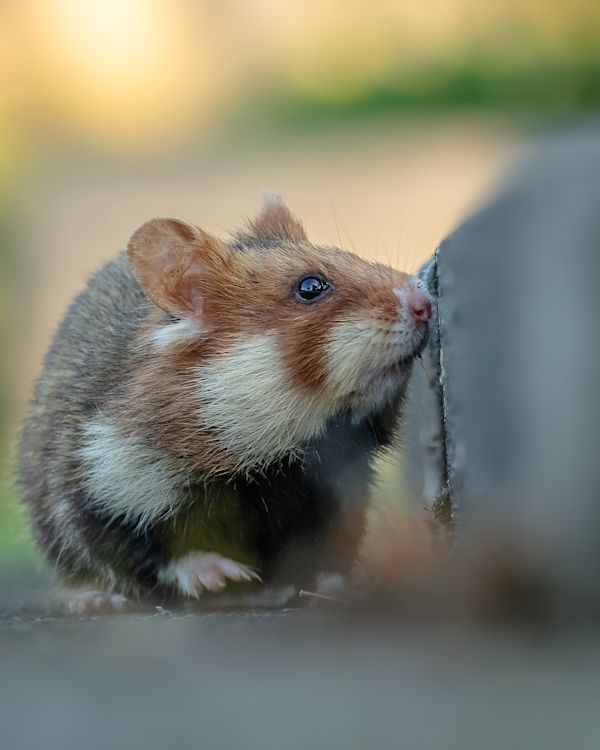
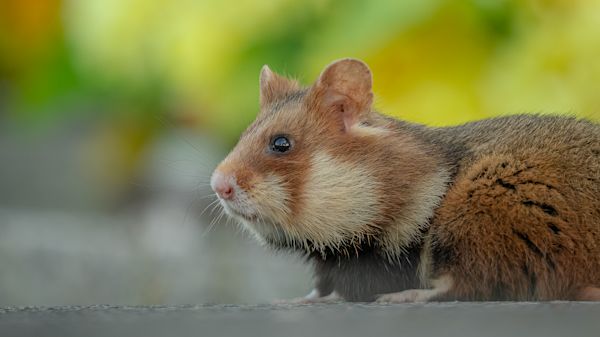
It was close to evening when I arrived at my location in Vienna. I looked for hamster holes in the ground and took up position a few meters away, in the hope of being able to watch a wild hamster through my binoculars. After around 45 minutes, one of the animals actually emerged, sniffing, from the hole. Tall grass obstructed my view and made it difficult to take a photograph, so I moved to an area where the grass had been freshly mown. This was a better location for photographing. I stayed until the light faded and then happily made my way back with lots of photos.
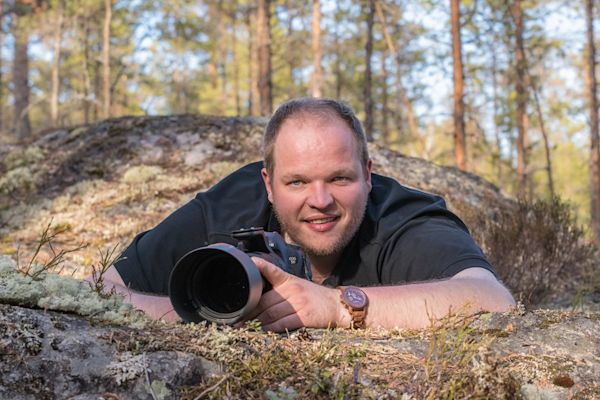
ABOUT OUR NATURE EXPLORER:
ANDREAS HÜTTEN
born in 1988 in Nordhorn (Lower Saxony, Germany). He has been photographing the beauty of nature and wildlife since 2007, traveling all over Europe in the process. For the past few years, he has been a reference photographer for Tamron. Andreas is also part of the SWAROVSKI OPTIK Nature Explorer Team. The CL Companion binoculars accompany him on his adventures.
More information can be found on his website:
www.naturfotografie-huetten.de
or on Instagram.
© Andreas Hütten Photography

Intended Use
Wildlife close to home
Wildlife Wonders Await!
Explore national parks and conservation areas with the best optical gear. Capture stunning details of American buffalos, mountain lions, and more, even in low light. Check out our overview page for products and stories.
